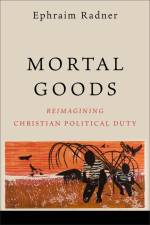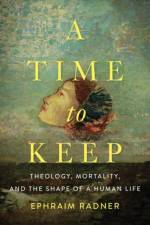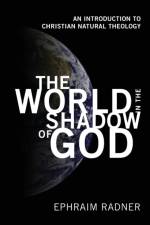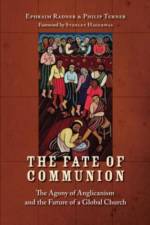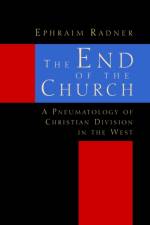av Ephraim Radner
365,-
"A gift from one of the most creative theologians writing today"What is our calling as Christians regarding the good life and engagement in the public sphere? In Mortal Goods, Ephraim Radner examines how we might more faithfully and realistically imagine our political vocation."In a polarized age when edifying discussions about religion and politics are in short supply, Radner asks us to rethink what we mean by 'the good life.' It begins with a self-imposed challenge to write a letter to his children about what makes life valuable. The letter he eventually pens, after pondering various God-given mortal goods, is worth the price of the book--and has the potential to reorient, rehabilitate, and redeem our present political morass."--Kevin J. Vanhoozer, Trinity Evangelical Divinity School"Vintage Radner--erudite and incisive--with a twist: at times conversational and even personal. We find in Mortal Goods themes from Radner's earlier volumes, here with new implications: the thresholds and limits of Christian political engagement, the 'mortal goods' that boundary our pilgrimage from birth to death. If you have not yet read Radner, start here. And if you have read him, continue with Mortal Goods."--Kathryn Greene-McCreight, priest affiliate, Christ Church, New Haven, Connecticut"What is our Christian duty in public affairs? Many of us imagine that we're called to put our shoulder to the wheel of progress. Radner argues otherwise. We are called to honor the beauty of creation and to ameliorate, as best we can, the burden of life after the fall. Radner shows that we need a politics of finitude, one that is grateful and not grudging. A must-read in our difficult times."--R. R. Reno, editor, First Things"At once groundbreaking and deeply traditional, Mortal Goods is a wonder, a gift from one of the most creative theologians writing today. Whether or not one concurs with Radner's conclusions, readers hungry for fresh insights on modern responses to mortal calamity will be deeply enriched by this volume."--J. Todd Billings, Western Theological Seminary, Holland, Michigan; author of The End of the Christian Life

